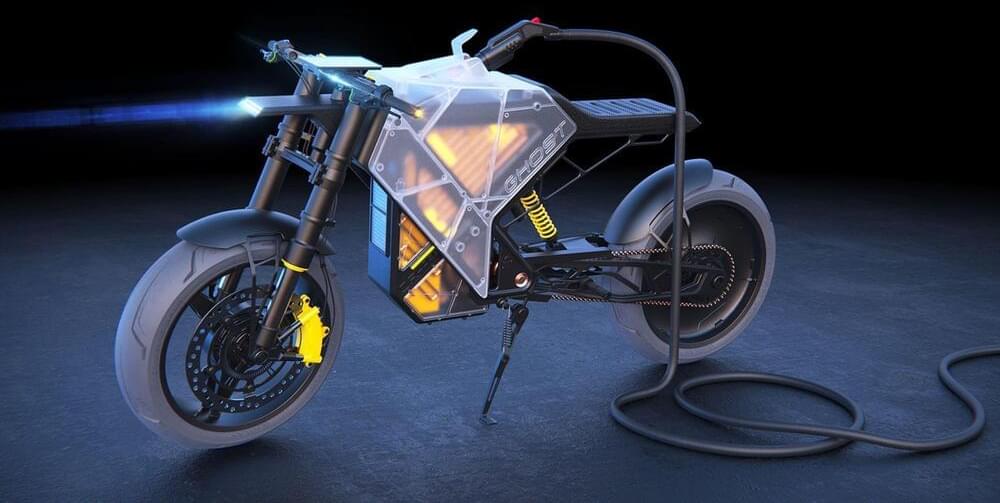The firm claims that the technology “testing in computer simulations is proving superior to legacy four-stroke engine architectures.”
DeltaHawk.
The Wisconsin-headquartered company has now successfully concluded sophisticated simulation analyses for a hydrogen-fueled version of its engine. The firm received FAA certification for its 180 horsepower DHK180 jet-fueled aircraft piston engine in May.








